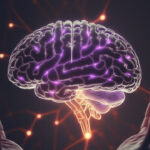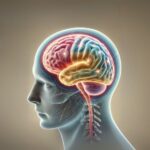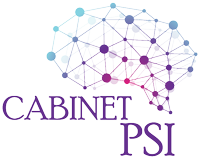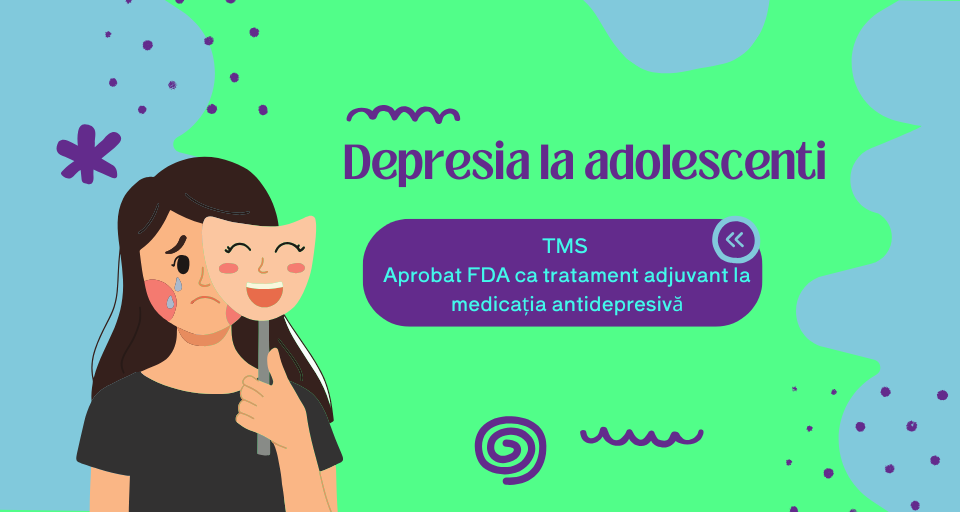
Magnetic Minds: The Neurorehabilitation Revolution with TMS
16 March 2025
Better recovery after brain surgery with magnetic stimulation
10 April 2025Depression in adolescents is a major public health problem, with profound implications for their emotional, cognitive and social development. According to data provided by the National Institutes of Health (NIH), more than 5 million adolescents in the United States suffer from major depression annually, and 20% of young people between the ages of 12 and 16 have experienced at least one major depressive episode. In this context, identifying effective therapeutic options becomes essential for optimizing treatment outcomes.
Recently, the United States Food and Drug Administration (FDA) approved the use of transcranial magnetic stimulation (TMS) as an adjunct therapy to the drug treatment of depression in adolescents between the ages of 15 and 21. This non-invasive approach offers an innovative alternative for improving therapeutic response, especially in cases where antidepressant medication does not generate the expected results.
Transcranial Magnetic Stimulation (TMS) – mechanism of action and therapeutic benefits
TMS is a non-invasive neurostimulation technology that uses electromagnetic pulses to modulate the activity of neural circuits involved in mood regulation. By specifically stimulating the dorsolateral prefrontal cortex, TMS promotes the normalization of brain activity in regions affected by depression, thus helping to reduce symptoms and improve the patient’s overall functioning.
The advantages of using TMS as a complementary therapy include:
- Superior safety profile – The procedure is well tolerated, with no systemic adverse effects associated with pharmacological treatments.
- Increased efficacy in treatment-resistant depression – Clinical trials have shown that patients with partial or no response to antidepressant medication may benefit significantly from the addition of TMS.
- Improved quality of life – Reducing depressive symptoms contributes to social reintegration and increased school and personal performance.
Conclusions and recommendations
The integration of TMS as an adjunctive treatment in adolescent depression represents a significant advance in the field of psychiatry, offering an effective and well-tolerated therapeutic solution. In patients in whom the response to antidepressant medication is insufficient, the use of this technology can facilitate symptomatological remission and improve long-term prognosis.
PSI Cabinet from Târgu-Jiu is the only clinic in the area that has TMS technology, thus offering patients access to the most advanced treatment method for adolescent depression. For appointments and additional information, we invite you to contact us.


